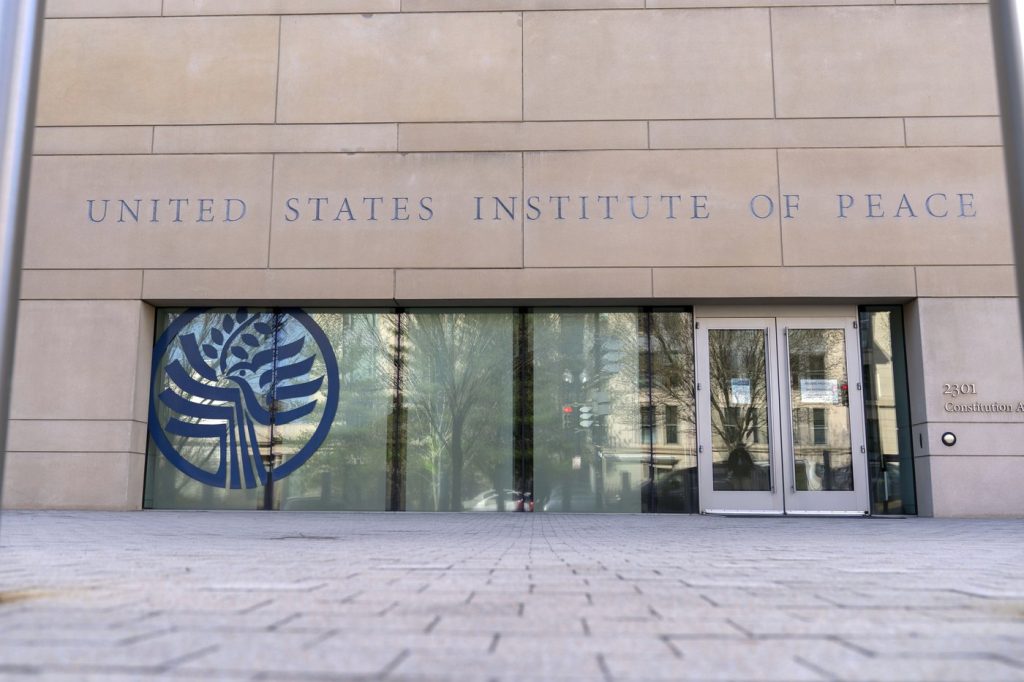In a significant development regarding U.S. governmental structures, an official associated with Elon Musk's Department of Government Efficiency (DOGE) has been appointed as the new head of the United States Institute of Peace, a congressionally established think tank that President Donald Trump has specifically targeted for closure. A federal court filing made public on Monday detailed this action, highlighting the ongoing tensions surrounding the institute's leadership and operational status.
According to the court filing, two members of the institute's board have sanctioned the replacement of its interim president with Nate Cavanaugh. The filing indicates that Cavanaugh has been instructed to facilitate the transfer of the institute's assets to the General Services Administration (GSA), which has been tasked with terminating numerous real estate leases under DOGE's directives. Such measures reflect a broader push by the current administration to streamline governmental operations, consistent with the agenda set forth in an executive order issued by President Trump in February.
In connection with these developments, a mass termination event occurred on Friday night, culminating in the firing of nearly all the institute's 300 employees. Sources who spoke with the Associated Press, preferring to remain anonymous due to fears of retaliation, noted that only a select few employees, including those stationed abroad, had managed to avoid immediate dismissal notifications. Those individuals were granted until April 9 to return to the United States, while regional vice presidents who oversee specific areas retained their positions.
Onlookers have reported an atmosphere of profound uncertainty and discontent among the ousted employees. Many had their access to the institute's internal systems revoked, which prevented them from attending to their responsibilities following a notably fraught confrontation earlier this month. During this standoff, DOGE personnel were aided by law enforcement in gaining access to the institute's headquarters, suggesting escalating tensions between the institute's staff and the DOGE representatives.
Furthermore, U.S. District Judge Beryl Howell has called for a status hearing on the matter. The plaintiffs in this case have requested her oversight to maintain the current operational status of the institute, arguing that the removal of the majority of its directors could be unlawful. This legal argument comes in the wake of previous rulings by Howell, who had already chastised DOGE representatives for their conduct during the standoff but did not restore the positions of the dismissed board members or allow former employees to re-enter the premises for work.
The ongoing turmoil at the United States Institute of Peace underscores the significant ideological divides and administrative challenges facing federal institutions under the current presidential administration. With the court scheduled to hear from the parties involved, the future of the institute and its strategic initiatives aimed at conflict resolution remain clouded by uncertainty and controversy.










